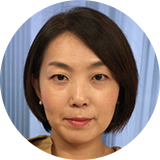The country has seen a surge of tourists in recent years, welcoming 30 million in 2018, after crossing the 20 million threshold for the first time in 2016. The government has recognized the cultural and economic benefits of tourism and aims to attract 40 million visitors in 2020, when Tokyo hosts the Olympics and Paralympics. Officials estimate this number would add up to 74 billion dollars in spending on sightseeing, dining, shopping, travel, and other activities.
However, the average spending per traveler has fallen for three years in a row. Tourism officials believe one way to get visitors to once again splash the cash is to promote nighttime activities and make them more accessible. One place to start is the center of Japanese youth culture, Tokyo's Shibuya district.
Opening the doors to Shibuya Nightlife
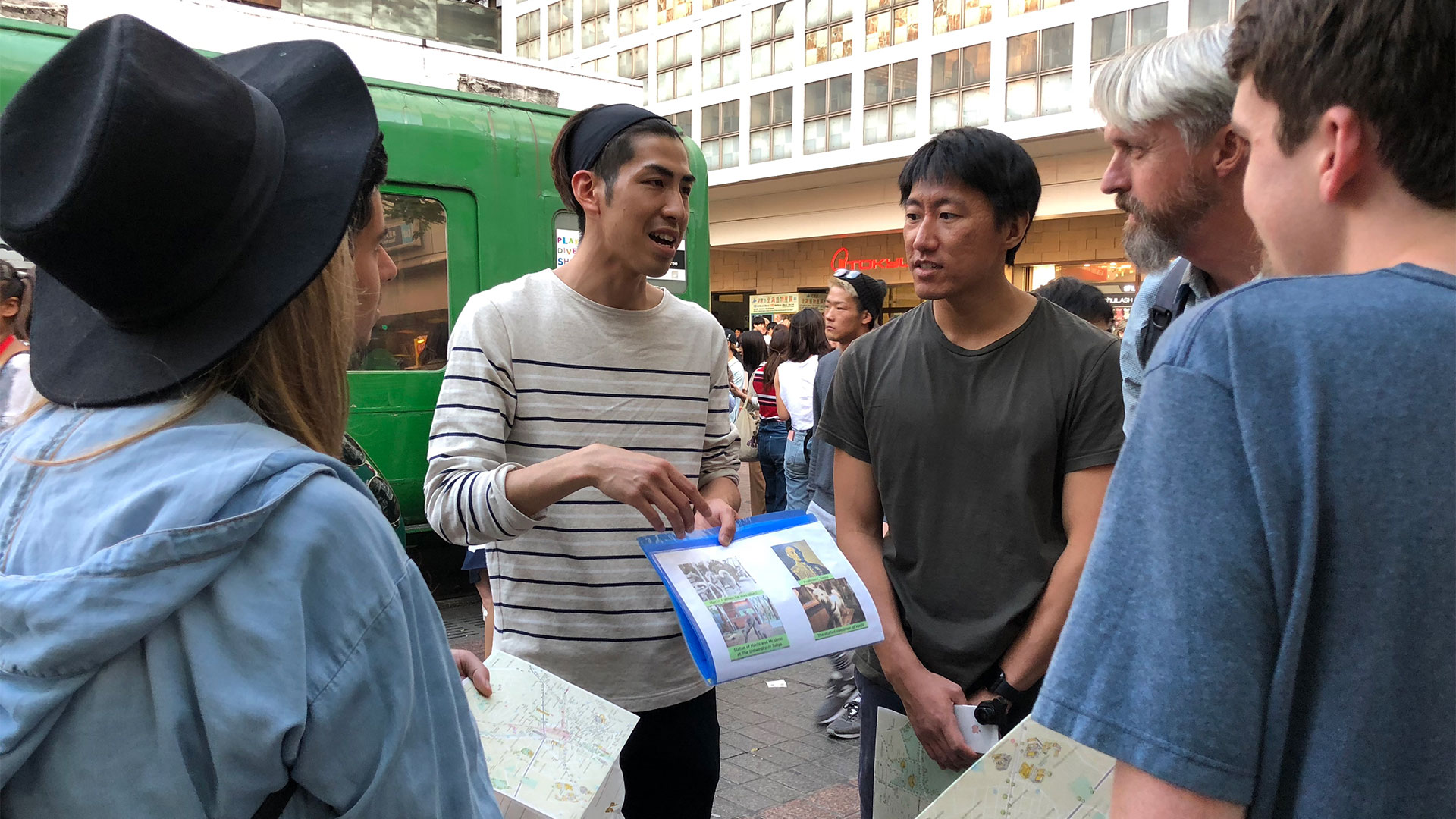
It's 6 p.m. outside Tokyo's Shibuya Station and 25-year-old Shogo Nomura is starting off his night leading a walking tour with six overseas tourists.
After introductions, Nomura leads the way to a narrow street packed with traditional Japanese-style bars. He points out places that welcome foreign guests and talks about how Tokyo is changing.
"Is it dangerous to walk around at night?" one woman asks.
"Most places in Japan are safe," Nomura says, but adds that, like in most countries, there are some areas where caution is advised.
He tells his guests to be wary of bars where people stand outside and offer them deals, because they target tourists and are overpriced.
Nomura also explains how Japanese people spend their time in Shibuya to give a picture of local life. For example, tourists might think karaoke rooms are used just for singing. But he says they have another use.
"People go there to sing and drink, but they are also useful for sleeping,'' he says. "If you drink too much and miss the last train, a karaoke room is a place to sleep and wait for the morning train."
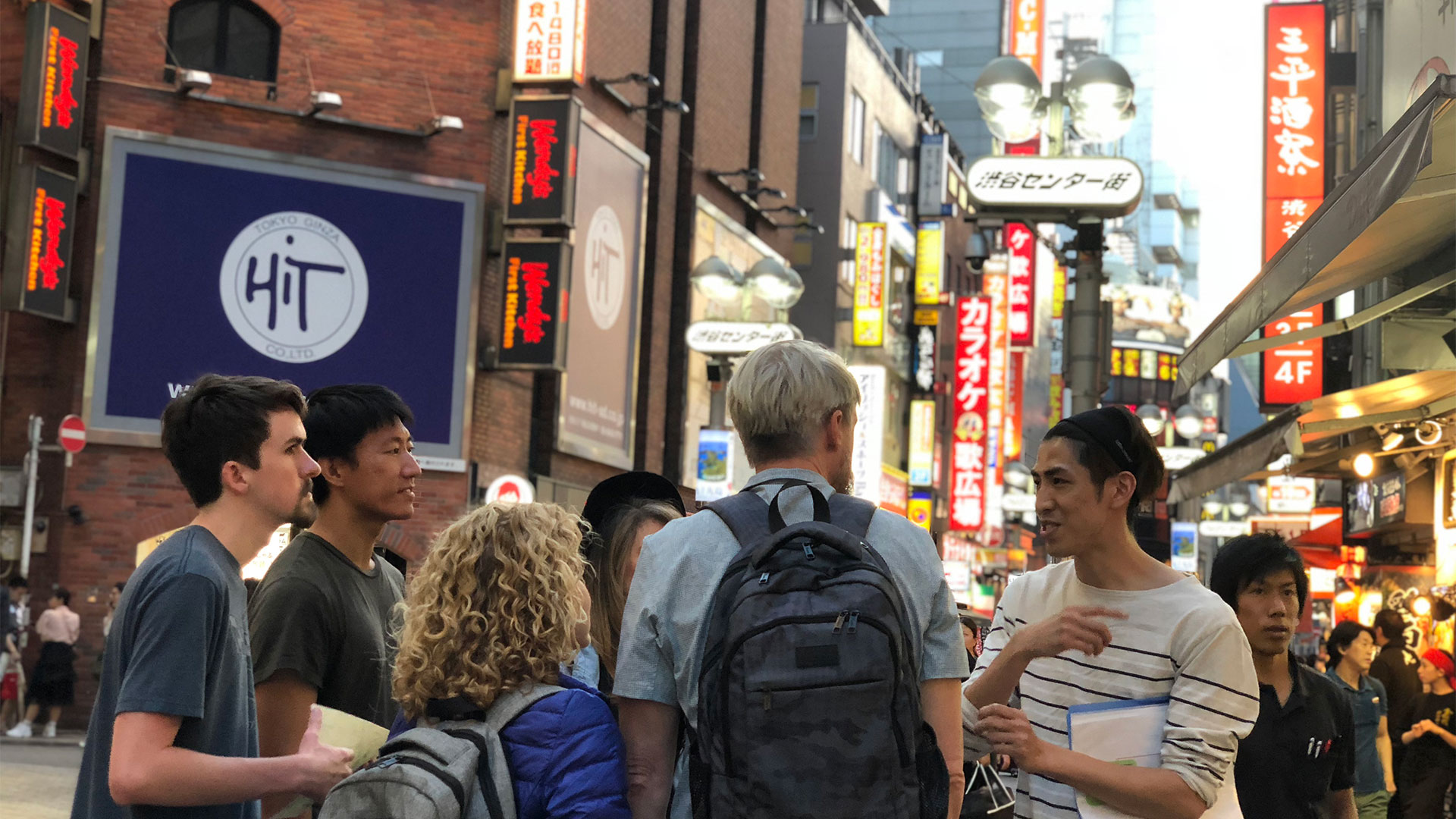
Nomura takes his tour up Shibuya's main street, or “center gai”, past various restaurants and clothing stores.
He points out several restaurants that are reasonably priced and foreigner-friendly.
"Do you know tsukemen?" he asks the group. "It's a ramen dish in which the noodles and soup are served separately. You can choose the amount of noodles but I recommend 350 grams."
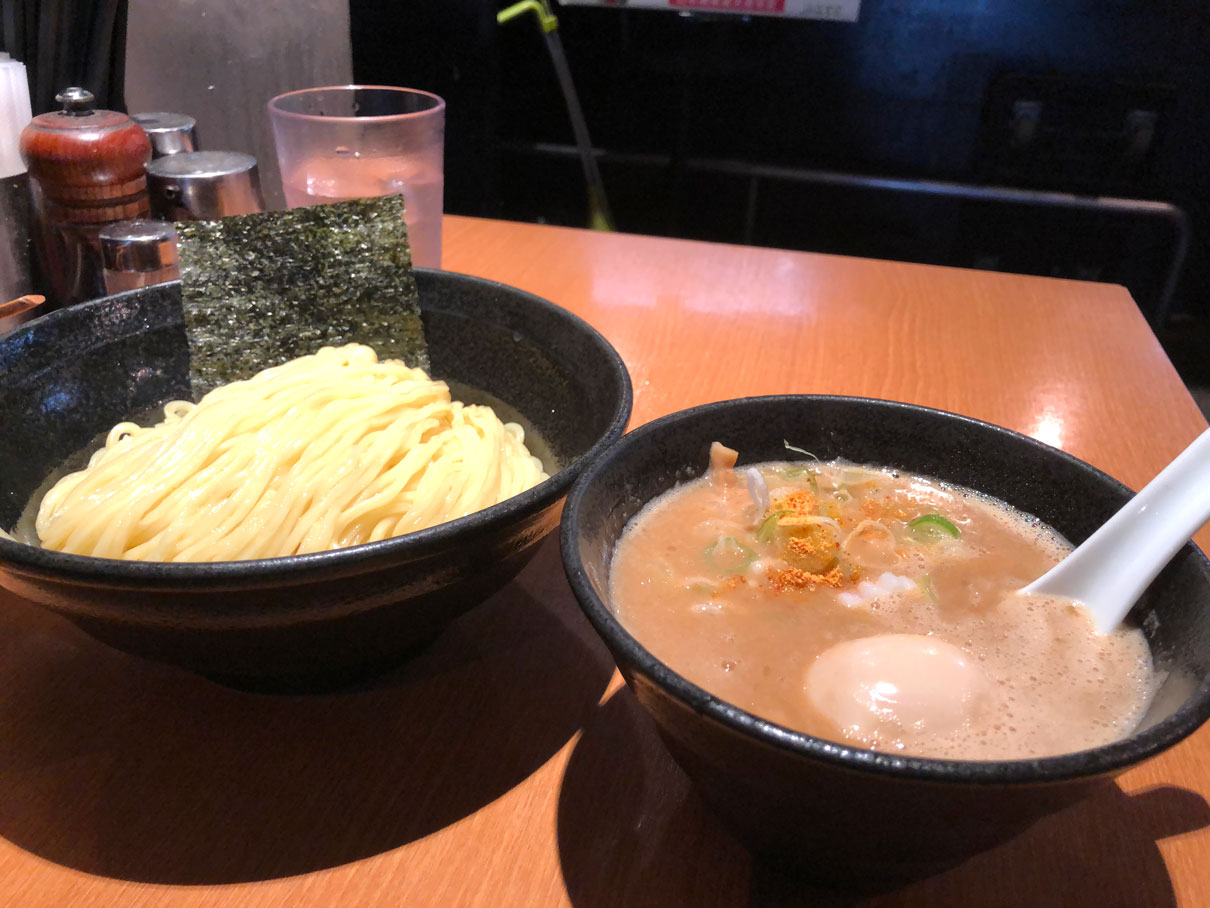
Nomura has done his homework on the places he recommends and shows his guests how to order, in case they want to come back on their own.
"Shibuya isn't just the scramble crossing," he says. "I want visitors to know the places I love."
A woman from the US says the tour was an exciting way to discover the food and shopping options available at night.
"We are going to go to the ramen place after this," she says.
A visitor from China says he felt a bit intimidated going into sake bars, but now feels more comfortable. "I will definitely visit the recommended places."
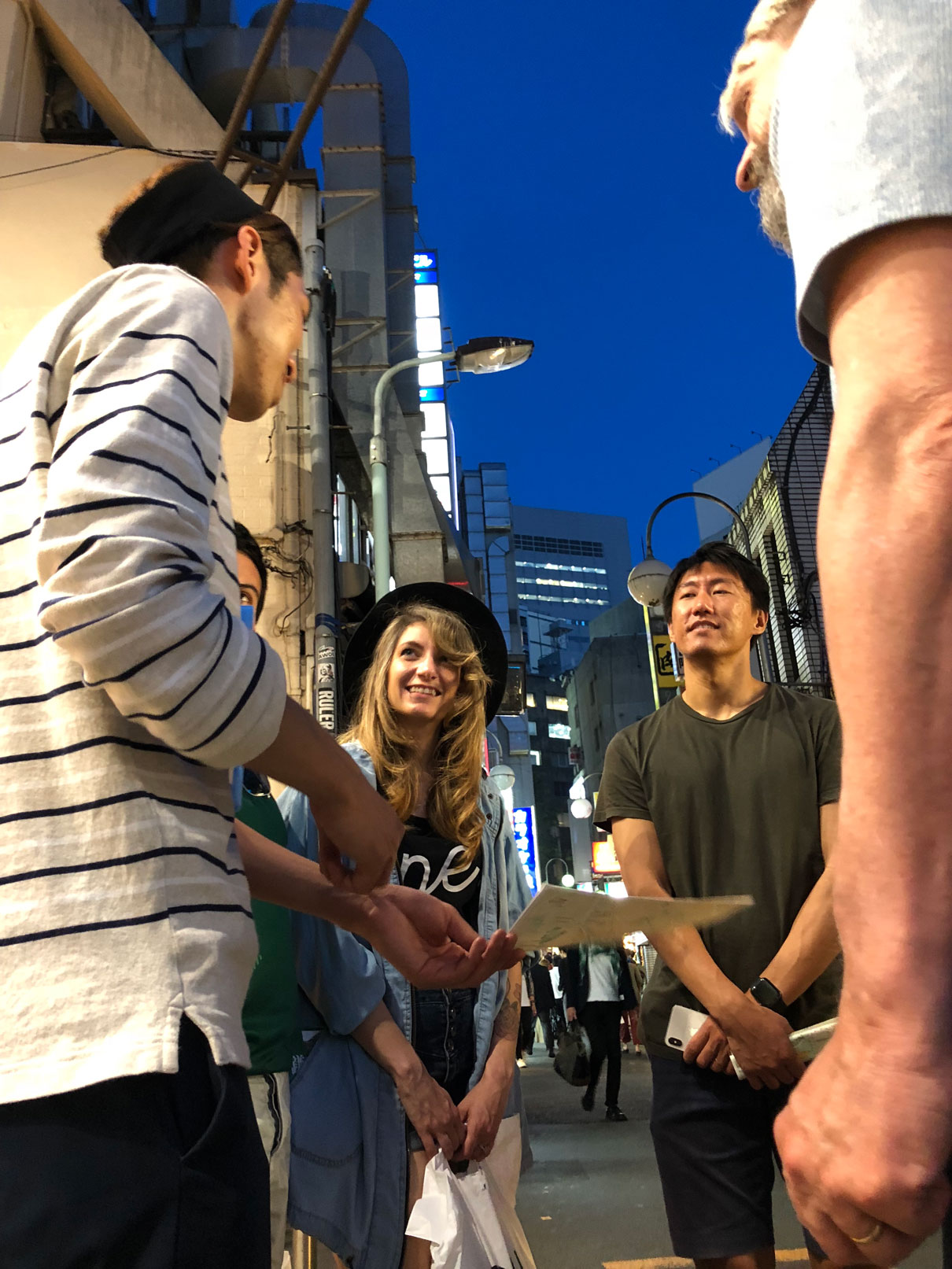
The tour Nomura leads was set up in April last year by the Shibuya City Tourism Association. This was after the government relaxed regulations on tour guides.
The association says the tour helps foreign travelers hang out, eat, and enjoy nightlife just like the locals.
The tours takes on about 100 visitors a month and so far, officials say it has been a success.
"Many visitors go back to the shops and restaurants they see on the tour, which helps the local economy," says Kyoko Hori, a public relations manager at the association.
Lighting Up the Night
The tour in Shibuya is just one example of how local authorities are trying to promote nighttime entertainment and get tourists to spend more.
As the number of foreign visitors surges, the government is now aiming to generate 8 trillion yen, or 74 billion dollars, in tourist spending by 2020. But current spending is only at 4.5 trillion yen, so there is a long way to go.
"We have to find ways of encouraging tourists to spend more, and evening activities is one way to do this," says Yuya Ota, an official at the Japan Tourism Agency. "Otherwise we won’t be able to achieve the target."
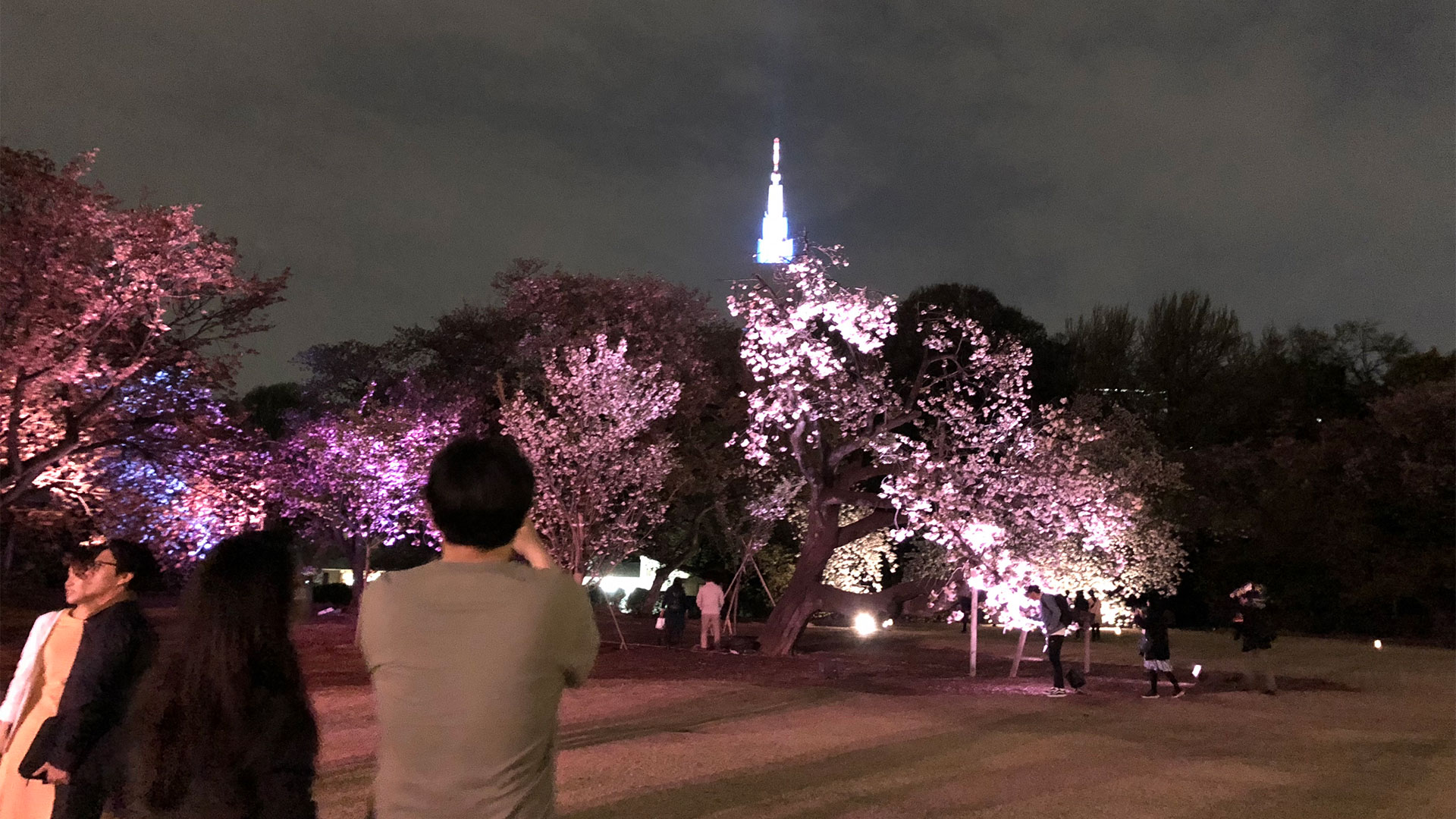
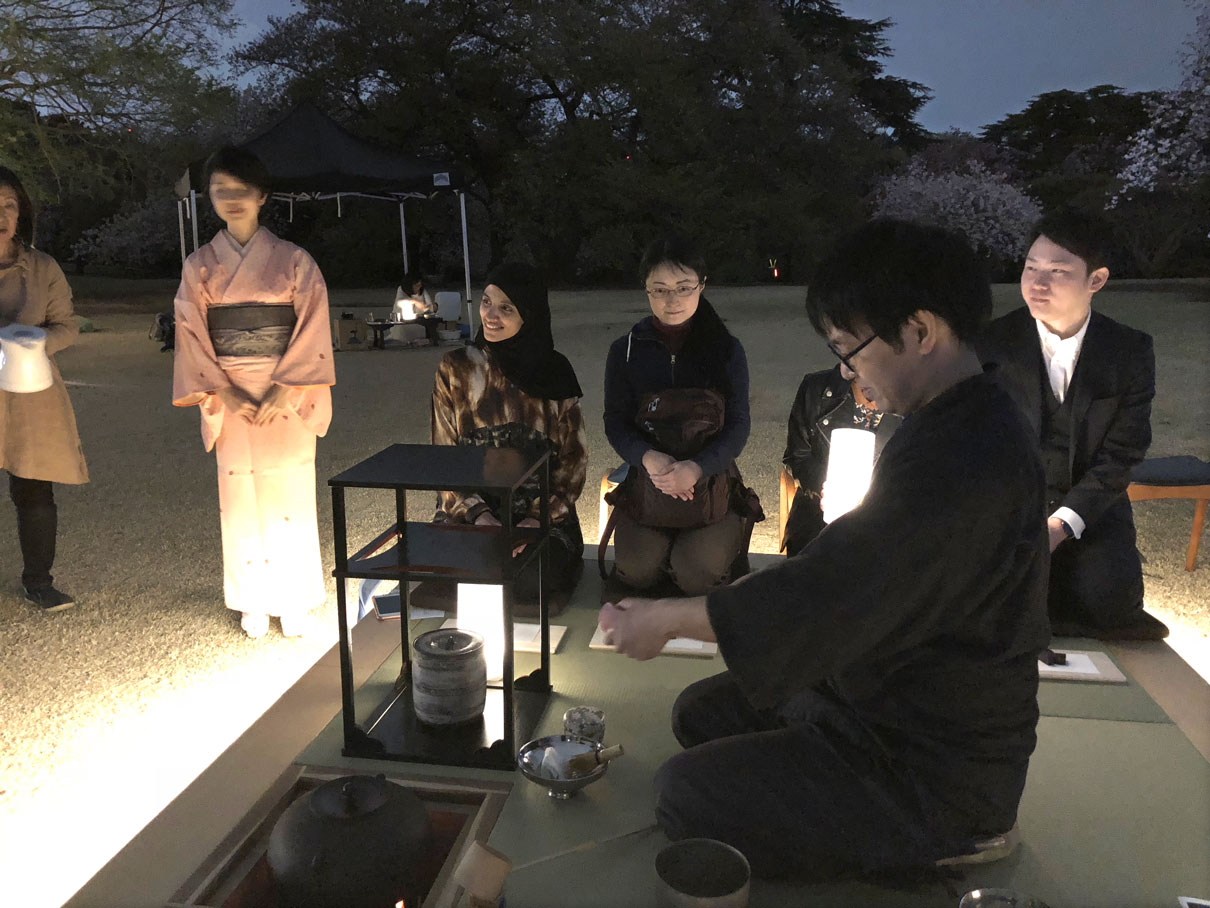
The government is contributing to the initiative by opening up public spaces for nighttime events.
One recent example was an evening cherry blossom viewing, set up at Shinjuku Gyoen National Garden. The park, one of the largest and most popular in Tokyo, normally closes at 6 p.m. But it reopened from 7 p.m. to 9:30 p.m. for the event. Trees in full bloom were lit up and there were food trucks and live performances. One area offered an introduction to the traditional Japanese tea ceremony. Officials said the event attracted nearly 9,000 people over 5 days, with as many as 15 percent coming from overseas.
"We saw the cherry blossoms here yesterday but it's prettier at night," said a woman from the Philippines. "It's a unique experience."
"It’s nice to have dinner and come to something like this," said a woman from London.
Officials say the event was an imaginative way of using a public space that would otherwise have been closed.
"The event attracted more people than we expected, even though we didn't give enough advance notice," Ota says. "We want to now make this a regular program."
Kyoto pulls the plug
But not all initiatives have been successful. A theater in Kyoto opened a show targeting tourists last November. It featured kabuki and ninja performances, along with song and dance routines. It attracted a lot of media attention because it was organized by one of Japan’s best-known producers, Yasushi Akimoto, famous for his work promoting the girl band AKB48. A ticket for the 80-minute performance cost 8,640 yen, or about 80 dollars.
But the show was shut down in February, just three months after opening. The theater didn't give a reason but a local paper said the decision was down to a lack of popularity due to ticket prices and length.
Looking to London
Japanese tourism officials have looked overseas for tips on cultivating a booming nightlife. London's nighttime economy is worth about 40 billion pounds, or 50 billion dollars, and generates 1.26 million jobs. Back in 2016, the city introduced "The Night Tube", 24-hour service on some subway lines on Fridays and Saturdays. The city also introduced night bus services in some areas.
The mayor of London established the Night Time Commission in 2017 to help achieve his goal of making London a 24-hour city. The office has helped to broaden the range of the city's evening and nighttime activities, including extending the hours of shops and theaters while protecting long-standing venues and ensuring that benefits flow down to the community.
The initiative has also created many jobs. The longer hours at more shops mean the new jobs aren't limited to waiting and bartending. Increasingly, positions as engineers, security staff, shopkeepers, cleaners, cab drivers, and IT support staff have been boosting London's 24-hour economy.
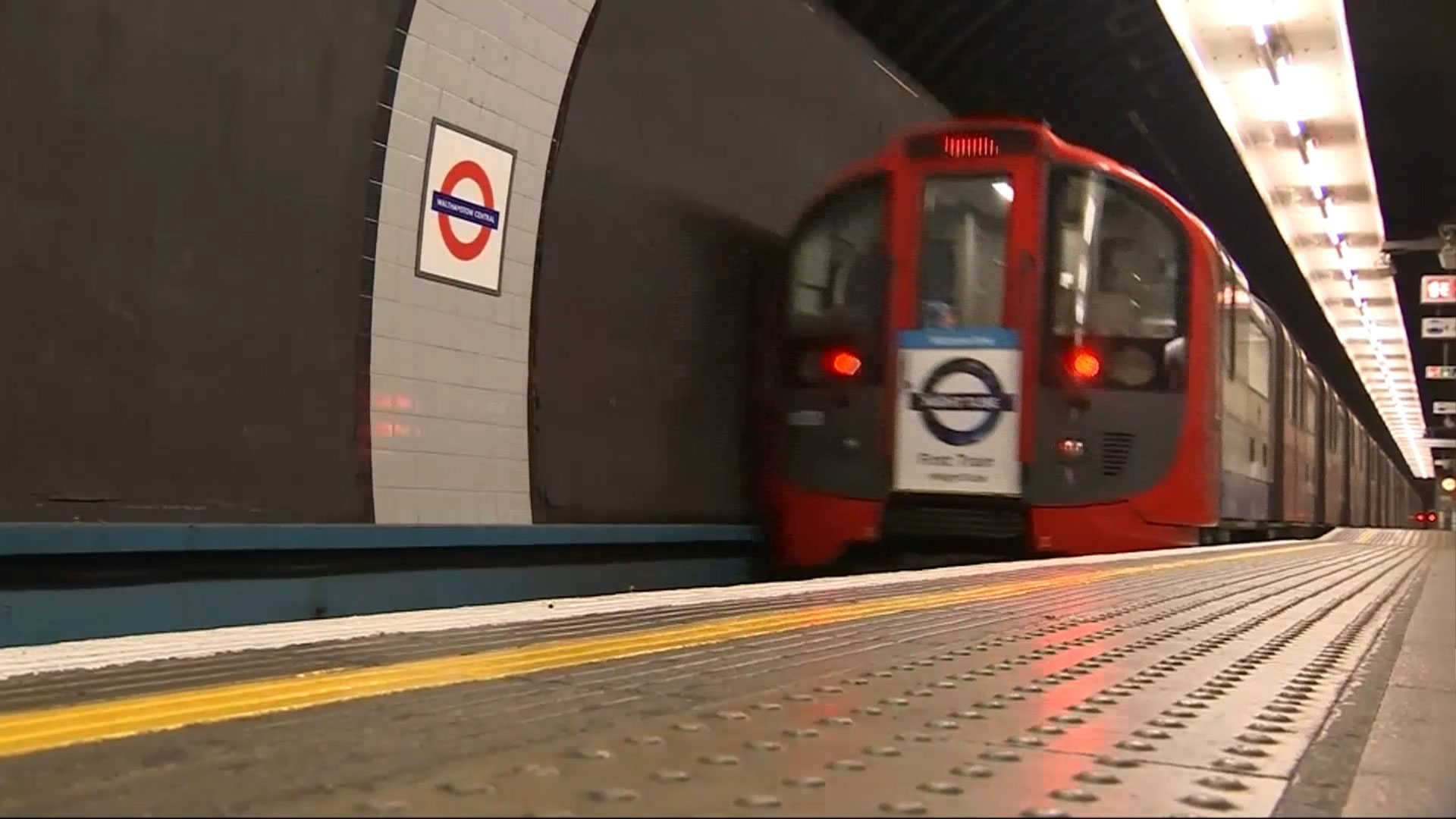
The Japan Tourism Agency says many challenges remain to increasing the number of nighttime attractions. The agency surveyed a number of companies that said extending operating hours is difficult because of labor shortages. Furthermore, the government is promoting shorter working hours and transportation businesses have questioned whether late-night services are economically feasible.
Safe Nights Out
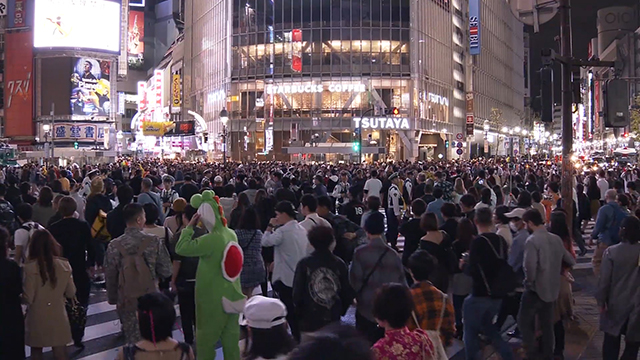
Safety is another concern. Shibuya is a popular spot for partygoers who gather in the streets to celebrate sports events and major holidays. But local authorities are considering a ban on public alcohol consumption. Last Halloween, a group overturned and damaged a small truck in front of Shibuya Station, making headlines across the country.
London has dealt with similar problems related to alcohol consumption and violent activity. The UK introduced its so-called "Purple Flag" scheme to honor towns and cities that safely manage nightlife. London has also appointed a "Night Mayor" to liaise with businesses and local administrations.
"Japan is already safer than most countries," says Ota, of the Japan Tourism Agency. "But a night mayor can help keep a balance between bureaucracy and the private sector."
He says night mayors could be the next step to expanding nighttime tourist attractions. If Japan gets it right, it could reduce those complaints about boring evenings and give a boost to tourist spending.

